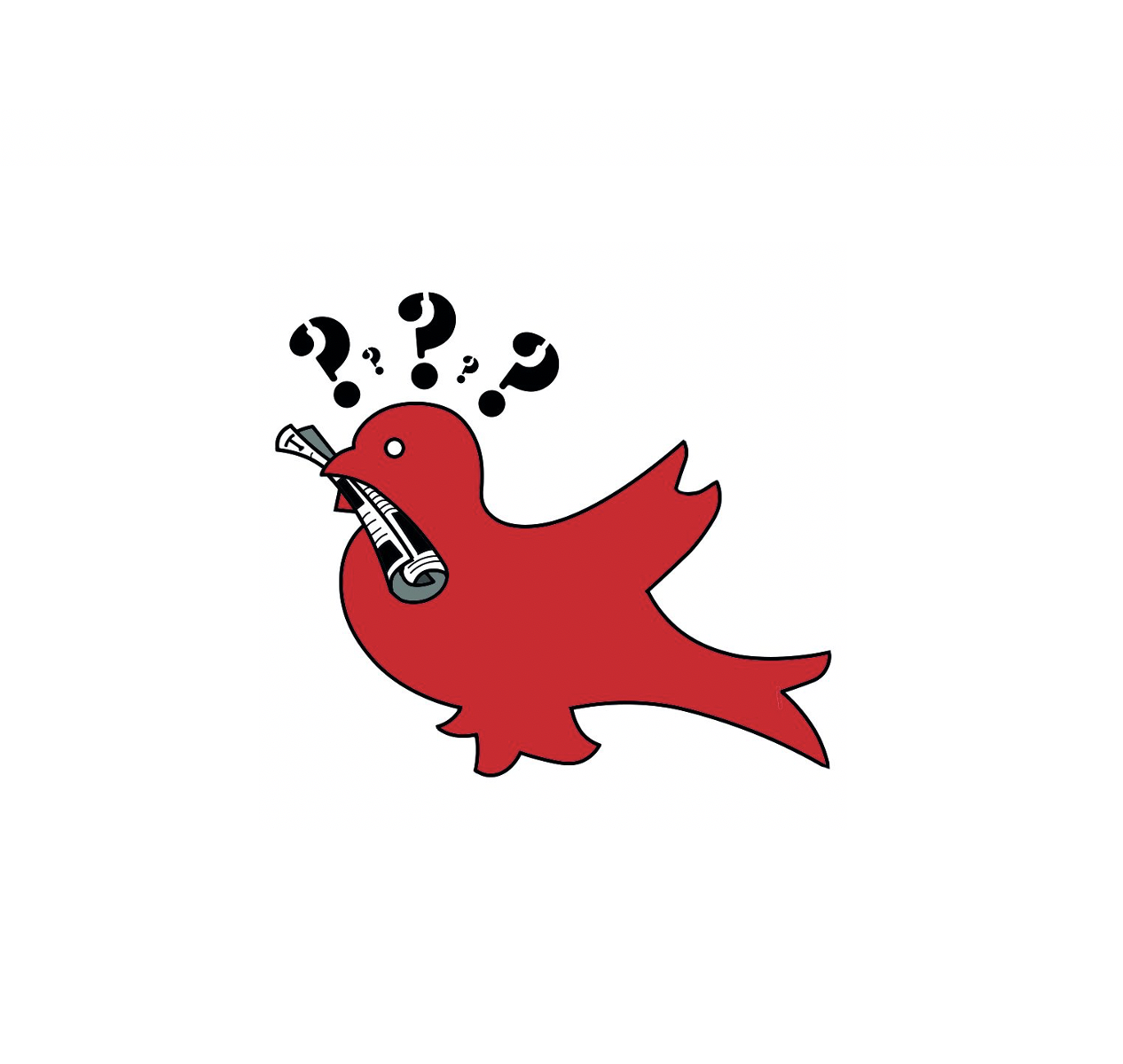First year students who left residences during the Winter 2020 semester may be wondering what will happen to their rollover meal plan money. Students who paid for the Mandatory Meal Plan during their first year in residence, or those who voluntarily elected to purchase the meal plan, now have hundreds of dollars left over. The McGill Tribune investigated if the funds will be reallocated and how students can use them.
What is the Mandatory Meal Plan?
All students living in McGill residences except Solin Hall must pay for the Mandatory Meal Plan. The funds are split into two accounts: The Home Base Account and the Flex Account.
The Homebase Account can be used at any of the five downtown residential dining halls on campus, whereas the Flex Account is divided between oneCard services and Flex Dollars. OneCard can be used for laundry services in residences, off-campus food purchases, and on-campus vending machines. Flex Dollars can be used to dine in over 20 on-campus restaurants and cafés, most of which are currently closed due to COVID-19.
What is the Rollover Plan, and does it expire?
In previous years, leftover credit from the Mandatory Meal Plan was valid for the two terms following a student’s move-out from residence on Apr. 30. After that date, any leftover credit is transferred to the Rollover Plan: Funds that are taxable and expire at the end of the following academic year, typically the Fall and Winter semester of a student’s U1 or U2 year.
During the duration of the Rollover Plan, Homebase dollars are accepted at the five downtown residential dining halls. Rollover Flex dollars, on the other hand, can be used in any of the on-campus locations where meal plans are accepted until April 30, after which any leftover money expires and is non-refundable.
Are there exceptions for students who had to move out of residences early last March because of COVID-19?
Students who lived in residences during the 2019-2020 academic year and who vacated residences early are exempt from the Rollover Plan’s expiry. Although the Food and Dining services page reads that the Rollover Plans will expire on Apr. 30 2021, this does not reflect recent updates. Monique Lauzon, Student Housing and Hospitality Services (SHHS) representative, confirmed the extension in an email to The McGill Tribune.
“Due to the exceptional circumstances of the COVID-19 pandemic and subsequent closure of the university resulting in reduced services, the Rollover Plan deadline was extended for all 2019-2020 residence students,” Lauzon wrote. “Funds remaining in the Rollover Plan at the end of April 30, 2020 have been made available for students to use on campus until the end of their academic studies.”
Can students cancel their meal plan or get a refund?
Students cannot cancel or receive a refund for their Mandatory Meal Plan barring extenuating circumstances. For example, students who need to leave McGill for a medical emergency may necessitate a request for a refund. Students may request an exception by contacting SHHS. For non-emergency requests, there are certain costs associated with cancelling a meal plan based on the date that a student moves out of residence.
Are residence hall cafeterias open to non-resident students?
For students with the Rollover Plan, New Residence and Carrefour Sherbrooke dining halls are currently open to non-resident students. Royal Victoria College (RVC) is not available to non-resident students due to the recent COVID-19 outbreak. However, there have not been positive cases since Jan. 21, and the dining hall is likely to re-open to the public soon.








